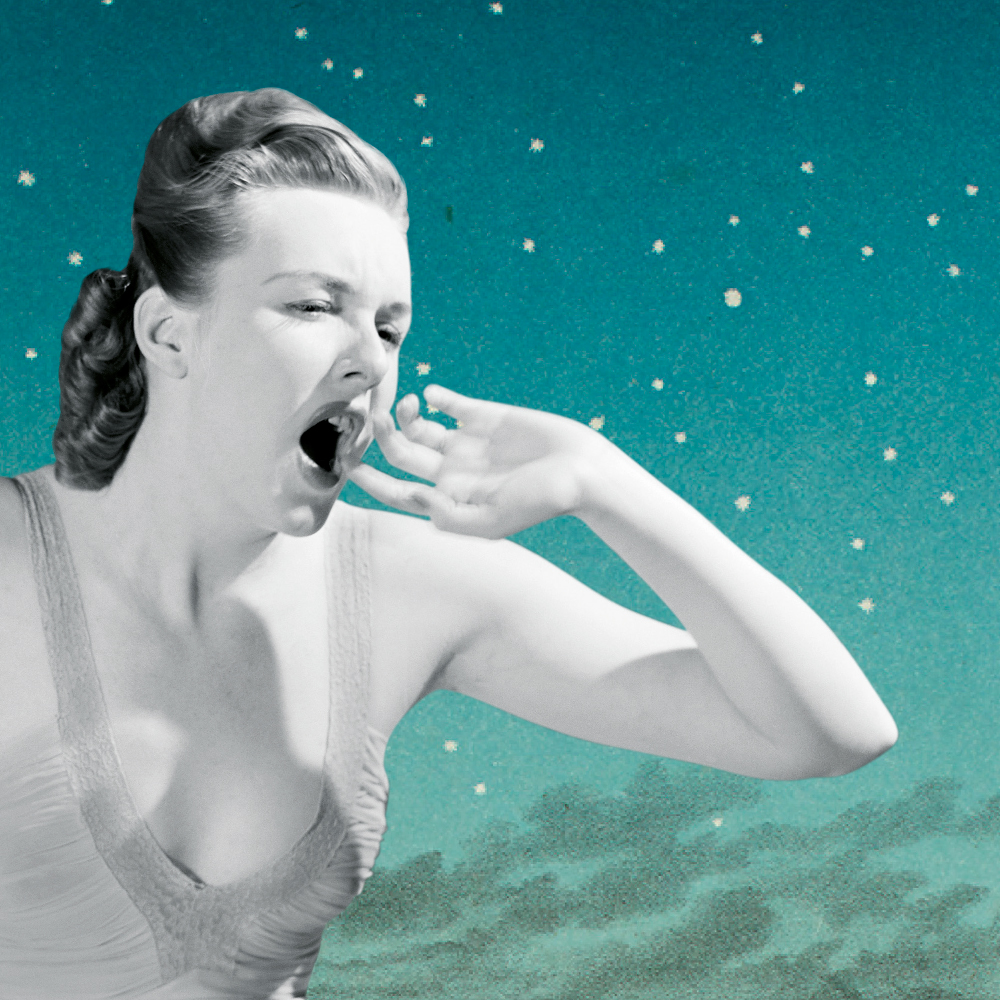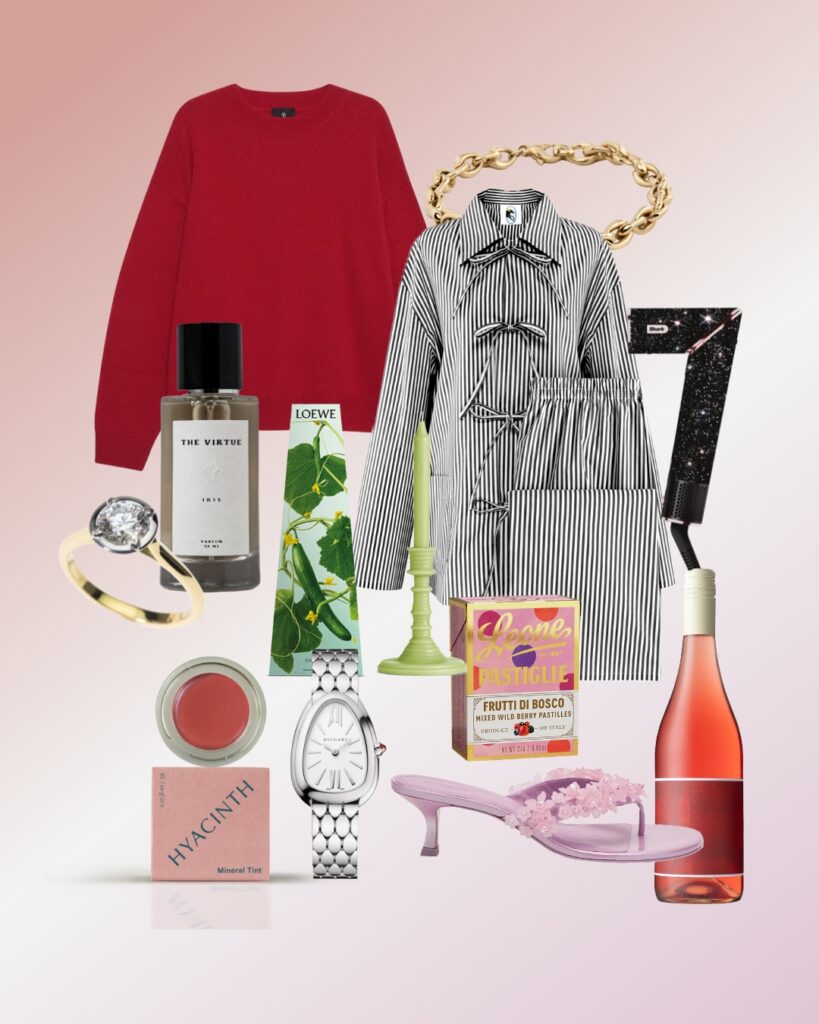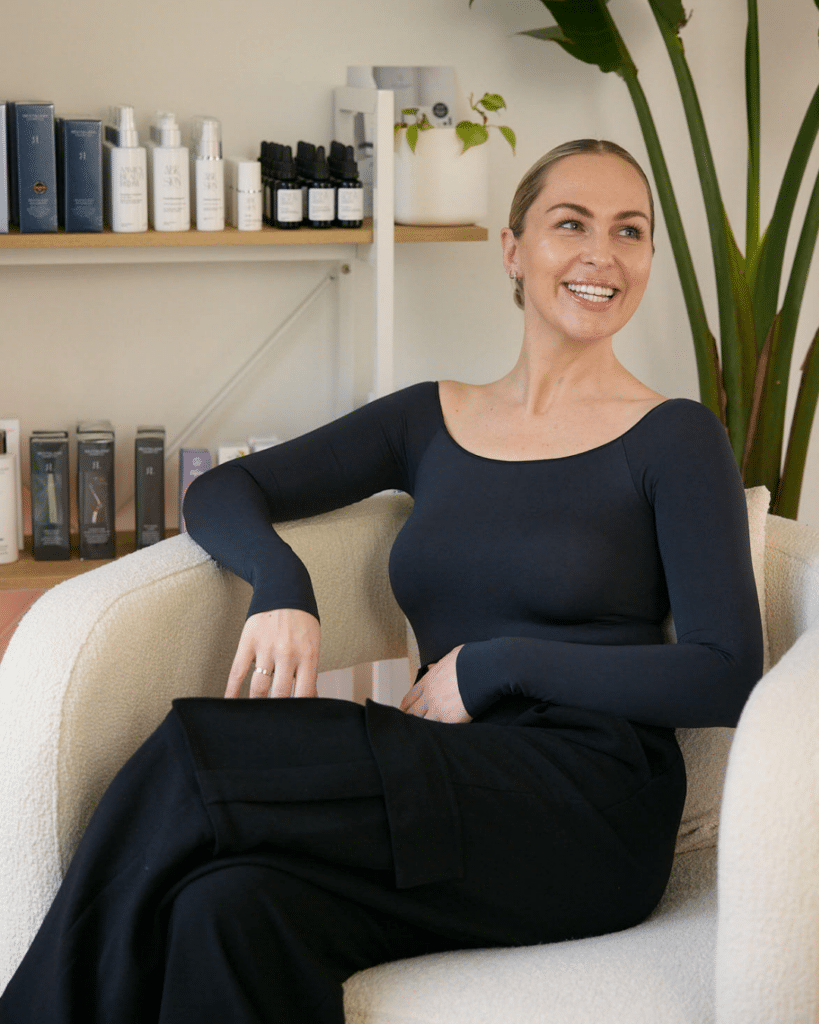
Our lives are busy, our days are long and sometimes prioritising a good night’s sleep is not at the top of our to-do lists, add extended screen time into the mix and it’s a recipe for disaster.
We pull back the covers on what contributes to bad sleep and what you can do to improve your sleep health.
But why can’t I sleep?
The amount of shut-eye you need changes over the course of your life, but for adults up to the age of 65, The National Sleep Foundation recommends seven to nine hours a day. Kirsten Taylor, founder of SleepDrops Sleep and Wellness Centre, has identified these common causes of sleeplessness in her clients:
1. Stress
Episodic and chronic stress impact sleep differently. Low-grade chronic stress is harder to recover from than stressful episodes.
2. Not prioritising it
People have full and interesting lives and can find it hard to fit everything in. Often, the first thing they sacrifice is sleep – this is a mistake!
3. Hormones
Balancing them is crucial to being able to sleep well. For women, hormones change weekly over the month and again in a major way with life stages such as pregnancy and perimenopause/menopause. For men, changes later in life can impact mood, libido, prostate health and sleep.
4. Medications
Some can cause insomnia, while common over-the-counter pain relievers such as paracetamol impact the utilisation of our main sleep hormone, melatonin.
5. Modern diet
Traditionally our diets were rich in essential magnesium, but these days the average healthy diet only incorporates 200mg of it daily, causing deficiencies to arise. Our “always on” lifestyles also cause our cells to demand more magnesium.
How do I establish good sleep hygiene?
How you set yourself up to wind down at the end of the day is known as sleep hygiene, and it’s integral to cultivating a better night’s rest. Kirsten has tips to start spring-cleaning your sleep routine:
Go to bed at the same time each night
The human body loves routine, especially around sleep times.
Do light exercise or gentle yoga in the evening so you are tired for bed
Avoid anything too stimulating or demanding, as this may trigger a cortisol or stress hormone response which may wake you up again and cause you to have trouble going to sleep.
A warm shower or bath
Doing this in the evening has been shown to help induce sleepiness by causing an increase in body temperature followed by a cooling down. It also helps to relax your mind and muscles.
What practices can help cultivate a sound sleep?
Yoga nidra
Also known as “sleep yoga”, this style of guided meditation and gentle stretching teaches you to relax the body and mind. “The techniques taught in a yoga nidra class can help people experience deep relaxation and sleep better,” says Kirsten. “These practices can easily be implemented at home in preparation for sleep.”
Breathing exercises
If anxiety is a cause of poor sleep, practising breath work before bed can help to stimulate the vagus nerve in the parasympathetic nervous system and slow down your sympathetic stress response. Diaphragmatic breathing is one of the best ways to do this – it’s super simple and can be done anywhere, says Claire Beatson, founder of Nod sleep-support drops.
“Hold one hand out in front of you, then, with the index finger of the other hand, trace around your fingers one at a time, breathing in to the top of one finger, pausing, then exhaling to the bottom, before moving onto the next, until you’ve done all five fingers,” Claire explains. It’s not just a great pre-bed ritual, she adds. It can be done any time you’re feeling stressed or anxious. “You can do it at work, on the bus, before a meeting.”
Lack of sleep can lead to microsleep – the brief moments of sleep that occur when you’re normally awake – and you’re most likely not even aware it’s happening. If you’ve ever driven somewhere and not remembered part of the trip, you may have experienced microsleep!
Sleep pods
If you need 30-45 minutes to switch off in the middle of the day, and can fit it into your schedule, the SleepDrops Sleep and Wellness Centre in Glenfield, Auckland, has specially designed sleep pods for you to do just that. Custom-built with a soft mattress and sheets, controllable air-conditioning and a menu of tranquil guided meditations, it’s like a power nap made better.
You can even take it to the next level by booking the Sleep Healing Pod with its low-EMF infrared mattress, designed to treat sleep issues, stress, circulatory problems, joint pain and inflammation, and improve immune support and collagen production. Cost per session is $40.
Green walking
Studies have shown that a short walk (just 17 minutes) through a green environment in the afternoon can result in a sleep increase of up to three hours. “The theory is that walking in a green space (such as a park, forest or bush) calms the body and acts as a signal to induce sleep at night due to the decline in body temperature that occurs following afternoon exercise,” says naturopath and medical herbalist Lisa Fitzgibbon, from the Auckland practice Oomph.
Apps
Because the blue light from screens can disrupt your natural sleep-wake cycle, be sure to enable the Night Shift function (on iPhone) to shift the colours in your display to the warmer end of the spectrum once it’s dark outside.
You can set this up to automatically kick in at sunset, and return to normal at sunrise. If you’re using an app to help encourage sleep, this is particularly important.










